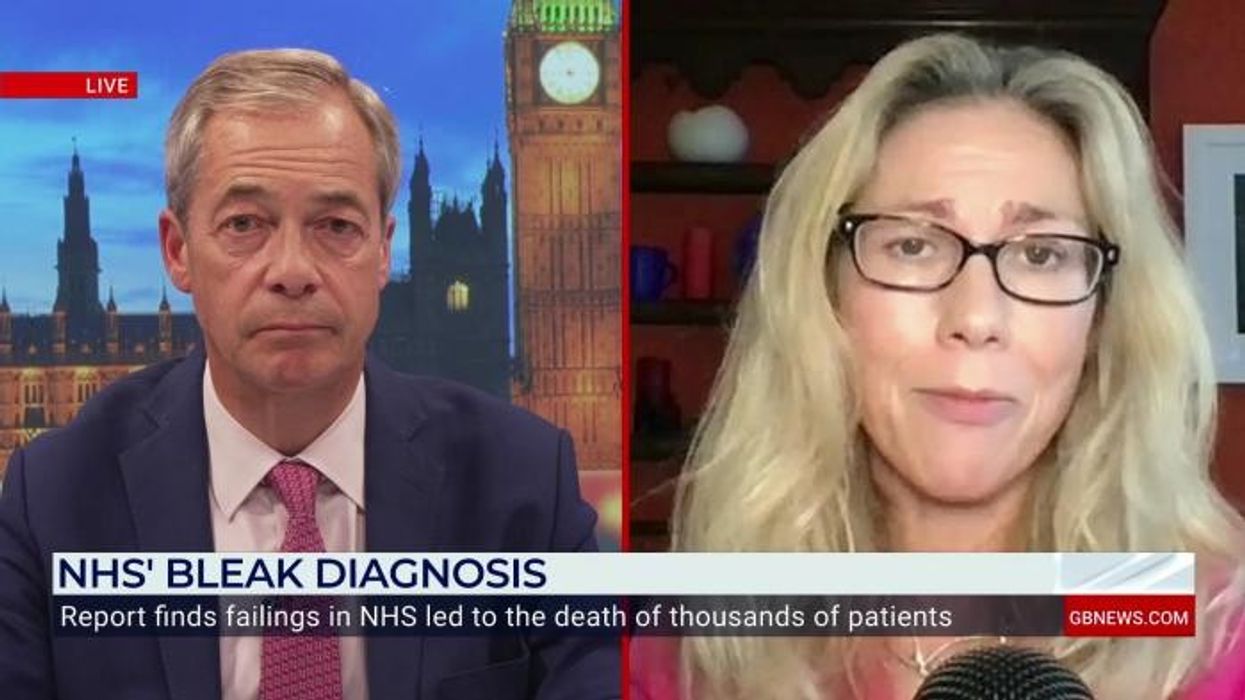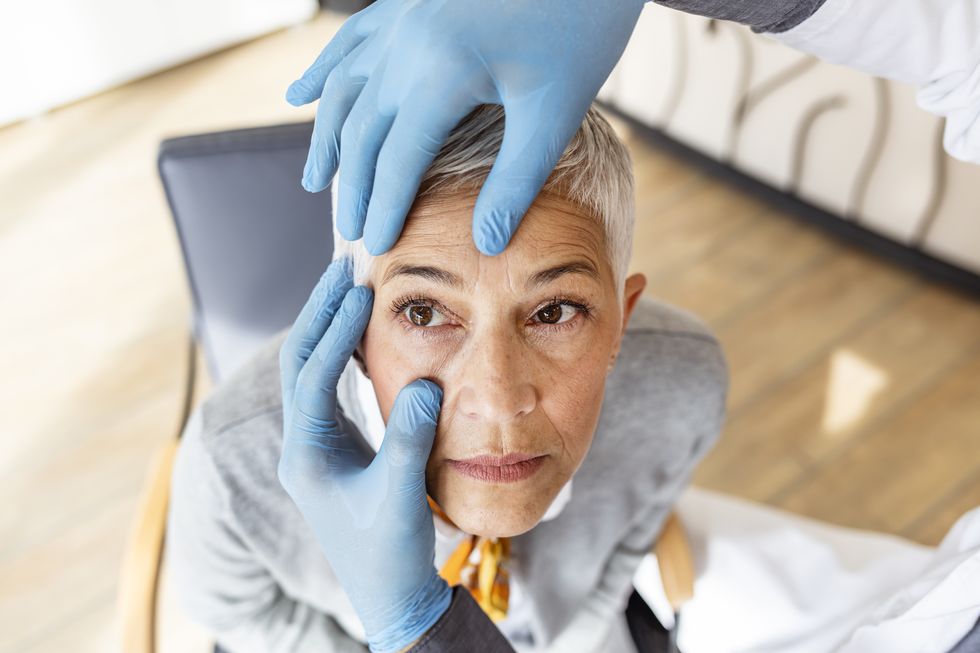What type of coffee do you drink? Nation's favourite brew may hike risk of vision-loss condition sevenfold

Lucy Johnston on Starmer's plan to reform the NHS |
GBN

The risk appears to be greater for those genetically predisposed to the eye condition
Don't Miss
Most Read
Individuals with specific genetic markers who consume instant coffee may face a sevenfold increased risk of developing dry age-related macular degeneration (AMD), a vision loss condition affecting approximately 200 million people globally.
The research, published in the journal Food Science & Nutrition, discovered a significant genetic overlap between predisposition to drinking instant coffee and susceptibility to dry AMD.
Unlike ground or decaffeinated coffee, which showed no such association, instant coffee consumption appears to pose particular risks for those genetically predisposed to the eye condition.
Scientists analysed data from over 500,000 UK Biobank participants alongside Finnish AMD datasets.

The news findings offer a potential direction for personalised prevention strategies
|GETTY
Researchers employed Mendelian randomisation and linkage disequilibrium score regression to evaluate genetic correlations between coffee consumption patterns and AMD risk.
The team categorised participants into three groups based on their coffee preferences: decaffeinated, ground, and instant coffee drinkers.
The analysis focused on adults aged 50 and over, examining both dry and wet AMD cases from the Finnish genome-wide association studies dataset.
Scientists specifically investigated whether genetic predisposition to certain coffee types correlated with increased AMD risk.
Their findings revealed no association between coffee consumption and wet AMD, the less common form where abnormal blood vessels damage the macula.
"This genetic overlap suggests that there may be shared biological pathways or metabolic mechanisms connecting the preference for instant coffee with the risk of developing dry AMD," explained Dr Siwei Liu, lead author and researcher at Hubei University of Medicine's Department of Ophthalmology.
"It provides new insight into AMD pathogenesis and offers a potential direction for personalised prevention strategies, such as gene-informed lifestyle interventions."
Dr Liu noted that coffee contains polyphenols and antioxidants that may offer neuroprotective effects, whilst growing evidence shows that genetics influence dietary preferences.
LATEST DEVELOPMENTS:

The study may point to the dangers of highly processed food
|GETTY
The team plans to validate findings in independent populations and conduct functional studies exploring metabolic pathways.
Several ophthalmologists urged caution in interpreting the findings. Dr David Geffen, director of optometric and refractive services at Gordon Schanzlin New Vision in California, stated: "This is way too early to make large assumptions about instant coffee drinking."
He questioned whether socioeconomic factors or lifestyle choices might influence the results, noting he would need more direct evidence before advising patients against instant coffee.
Dr Benjamin Bert from MemorialCare Orange Coast Medical Center highlighted the study's implications for personalised medicine and processed foods.
"This study once again points to the dangers of highly processed foods, like dehydrated instant coffee, compared to its more natural form of brewed coffee, which had no added risks," he said.










